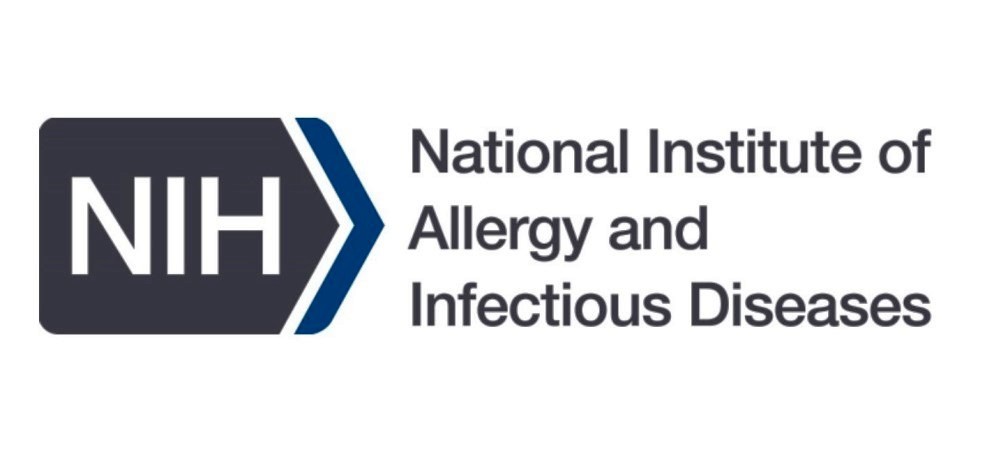
A team at the National Institutes of Health (NIH) recently widened science’s grasp of reasons why HIV-infected patients are statistically up to twice as likely as others to suffer from heart attacks, strokes and other cardiovascular events.
Researchers discovered that immune cells called monocytes flourish in people with HIV, their “TF” proteins causing inflammation and atypical blood clotting even when patients were responding well to treatment. Using an experimental anticoagulant called Ixolaris, the NIH team observed the TF protein activity ceasing without impairing the monocyte cells.
Leading the crew were Dr. Irini Sereti, of NIH’s Laboratory of Immunoregulation at the National Institute of Allergy and Infectious Diseases (NIAID), and Dr. Ivona Pandrea of the University of Pittsburgh. The study's findings were published recently in Science Translational Medicine.
Although Ixolaris was tested on primates, it has potential for similar results in humans, researchers suggested, noting that the data indicate that aiming for this specific cellular-level process may have the capacity to reduce the rate of inflammation and abnormal clotting, both considered factors that place individuals who are living with HIV at a greater risk for cardiovascular disorders.
Under the auspices of NIH, NIAID engages in research to pinpoint the causes of infectious disease and immune-mediated (inflammatory) disorders.